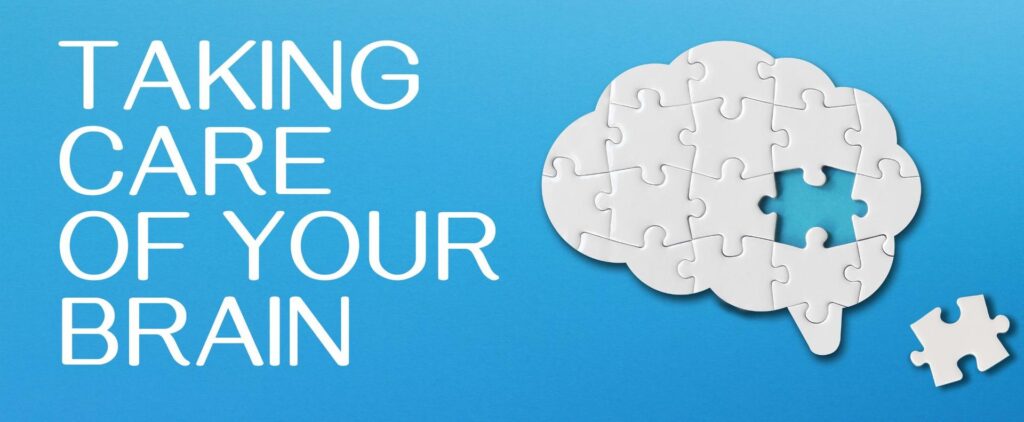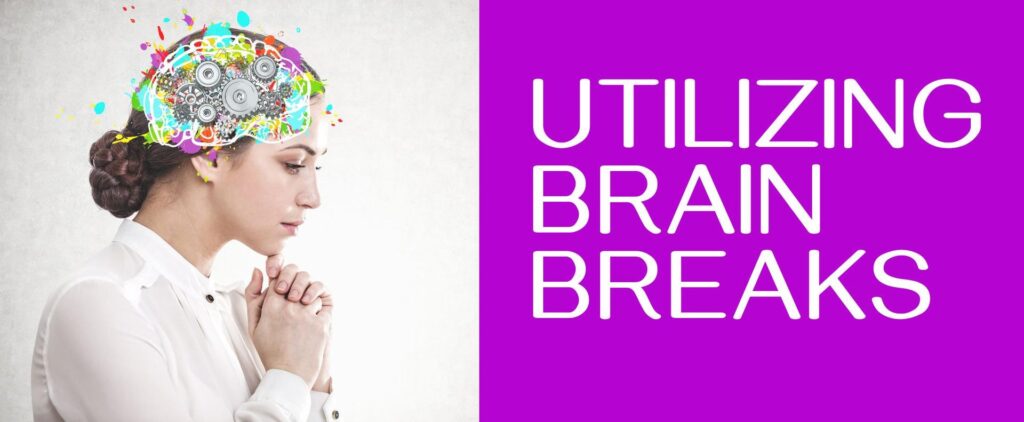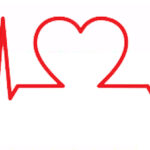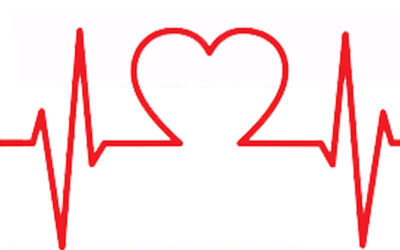
Your brain is you and you are your brain. It’s the size of your fist, weighs about 3 pounds—and is in charge of everything your mind and body do. It never shuts down and is even active when a person is sleeping. Everyone is walking around with billions of bits of information in their brains. In order for our brains to work most effectively, they require healthy, consistent energy and a balanced input/output. Focusing on a task or tasks requires a significant amount of focus and mental energy, which can lead to a feeling of mental fatigue. This is often an indication that we are exerting excessive energy compared to the benefits of staying focused. It’s advisable to take brain breaks before we succumb to inattention, boredom, difficulties in maintaining focus, and making mistakes. But before we even address the concept of breaks, let’s discuss what our brains need to function optimally: good energy, sufficient oxygen, and proper hydration!
Think about the immense responsibility your brain holds in your day-to-day life. It utilizes approximately 20-28% of the energy you consume, depending on whether it’s in a resting or active state—truly an astonishing amount. The majority of this energy is consumed at the synapses, which are the tiny gaps between brain cells where signals are transmitted and received. At these synapses, cells continuously exchange potassium and sodium ions, generating electrical charges.
So, how does your brain obtain the energy it requires? Unlike muscles, the brain doesn’t possess a reserve of stored energy to tap into when needed. It relies on a continuous supply of oxygen and energy to function optimally. That means we have to feed our brains with the right nutrients to give it a consistent level of energy throughout the day. Here are some items that can help keep your brain as healthy as possible so it can support the body’s needs throughout the day:
- Dark green leafy vegetables and other high vitamin k/lutein foods
- Fatty fish and other omega-3 foods
- Berries and other flavonoid foods
- Walnuts and other unsaturated fats
From there, we want to ensure that we are breathing regularly—sounds silly, right? But in reality, due to the stress we often experience, our breathing patterns may not always provide optimal oxygenation to the brain. Take a few moments throughout the day to engage in mindful breathing, allowing your brain to access as much oxygen as possible. Next, we must prioritize getting enough sleep. Sleep is VITAL to brain health as it restores energy, secures memories, and does so much more for our brains and minds. Lastly, it is important to remain hydrated! Most Americans are chronically dehydrated and that has quite a few negative effects on the body’s systems. Water helps your brain cells communicate with each other, which is important when you go about your day. Water also clears out toxins and waste that impair brain function.
If our brains are being provided what they need, they will function well for about 46 minutes before needing a break! Remember, our brains are responsible for every single aspect of information we receive during a day so it needs time to recharge. There are a lot of distractions in our world- noises, pings, texts, posts, emails, alarms, colleagues, and the list goes on and on. Trying to ignore the distractions while also completing tasks is exhausting, which makes taking brain breaks throughout the day vital.

What is a brain break?
For an average American worker this means moving your body to a new environment, giving your eyes 3-8 minutes to look at something different than a screen or other focused object, taking a few focused breaths, drinking some water, and maybe even replenishing the body’s energy with some nutrient dense food.
What can brain breaks do?
These short breaks—It is recommend to be 8 minutes or less—are effective energy management strategies and can be simple! Anything that allows your brain to stop focusing and rest. New research suggests that these micro-breaks mitigate brain and decision fatigue and chill your brain between focused tasks. Research shows that these breaks can:
-Improve Learning- breaking up tasks into smaller ones with breaks in between has been shown as a more effective strategy than trying to cram completion of whole task into one time slot
-Boost Creativity- When you are awake but not focused on a specific task, your brain goes into a day dream mode which is when the creative network of your brain works. Cultivating these breaks into the workday can have major positive impacts on innovation and strategic planning
-Enhance Mood- When we focus for too long we can create higher levels of stress and lower levels of socialization which can cause irritability and/or other negative moods
Humans brain and body weren’t designed to stay on red alert 24/7 in order to speed from task to task. Unless you’re under threat (STRESS), you were designed to saunter. When we slow down and savor job tasks, we tend to complete them more efficiently, with fewer mistakes, and more pride. Take some time to implement a brain-break concept in your workplace or for yourself personally. Every hour at 45 past the hour – get up and try doing a short stretch routine, taking a walk around the office, have a glass of water while staring out the window, taking a few mindful breaths or any number of other activities that use your brain and body in a different way than it has been for the previous 45 minutes. Enjoy!
Interested in more programming around the brain and mind? Contact us to learn about our 4-session series on different body structure. We have Brain Health, Heart Health, Kidney Health, Digestive Health, and Mental Health. We offer these virtually weekly with recordings for $2500 and we will handle registration and prizes as part of the package!









